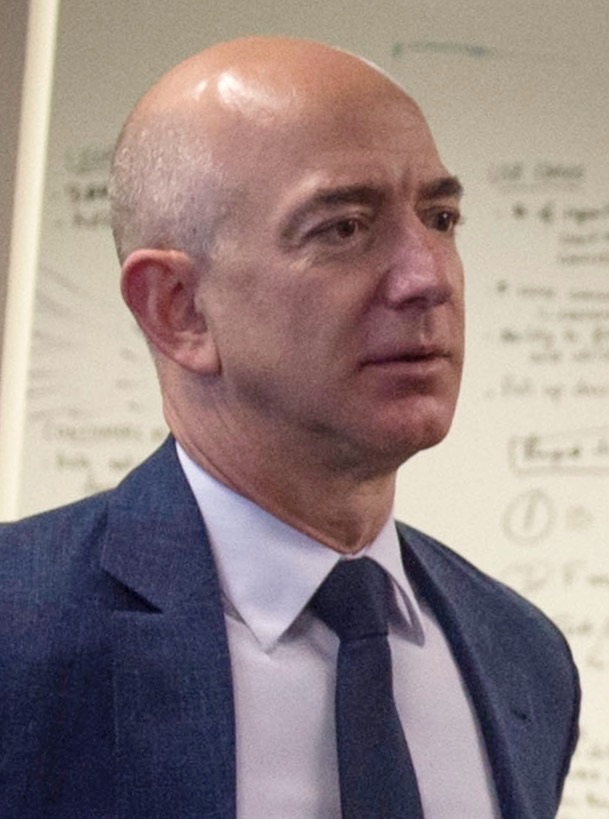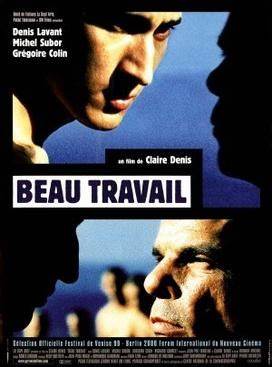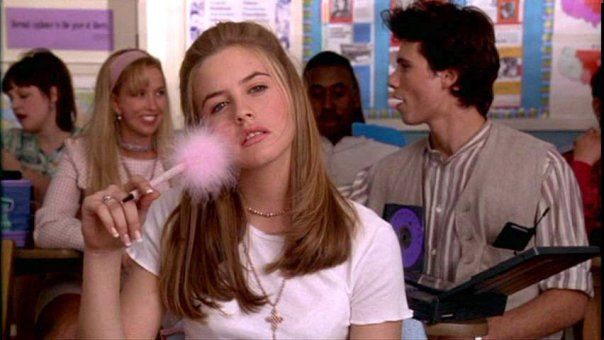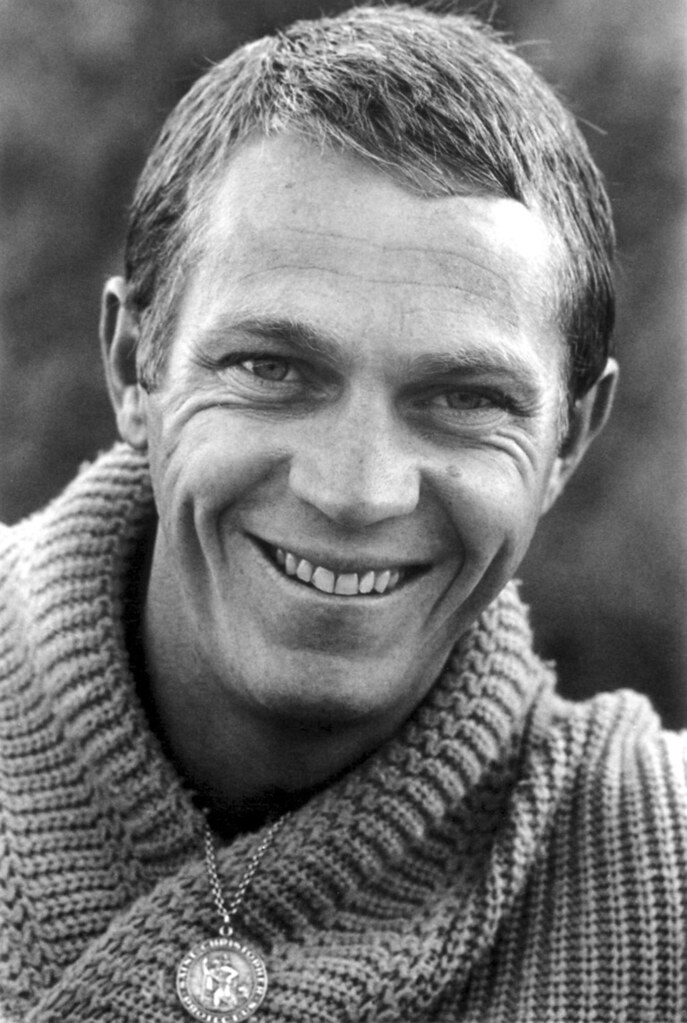
There are stars, and then there’s Steve McQueen. The very mention of his name conjures images of effortless cool, electrifying action, and a screen presence that burned with an undeniable intensity. Popularly known as the ‘King of Cool,’ McQueen’s unique screen persona was defined by his portrayal of reticent antihero roles, a captivating blend of rugged individualism and quiet strength that resonated deeply with audiences. This magnetic appeal cemented his status as one of Hollywood’s most famous celebrities during the counterculture of the 1960s, a legacy that continues to enthrall film enthusiasts today.
From his early days as a leading man in B-movies to his epic, award-nominated performances in sprawling dramas and pulse-pounding thrillers, McQueen left an indelible mark on cinema. He wasn’t just an actor; he was a phenomenon, an icon whose authenticity and charisma transcended the screen. His films were often more than mere entertainment; they were cultural touchstones, reflecting the era’s spirit while simultaneously shaping it, and his dedication to delivering raw, impactful performances made every role memorable.
Join us as we take an exhilarating journey through 14 of Steve McQueen’s most unforgettable roles, diving deep into the performances that showcased his incredible range, defined his legendary status, and continue to resonate with generations of film lovers. Prepare to be reminded why the King of Cool still reigns supreme, and why his boldest portrayals are etched forever in the annals of film history.
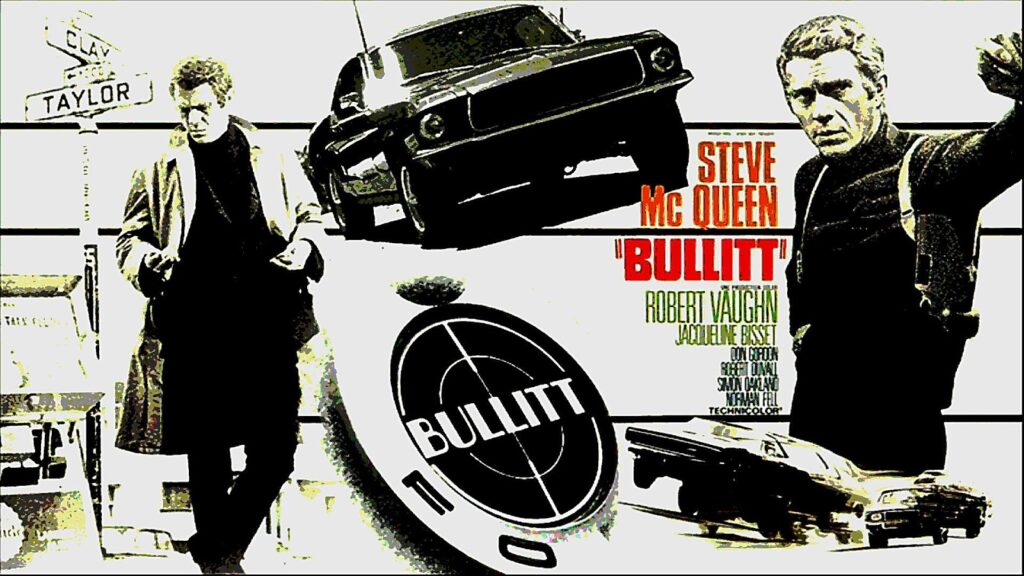
1. **Bullitt (1968)**If there’s one film that encapsulates Steve McQueen’s ‘iconically cool’ screen persona, it’s undoubtedly “Bullitt.” This electrifying thriller, directed by Peter Yates, is a masterclass in action filmmaking, with McQueen at its absolute zenith. He stars as Lieutenant Frank Bullitt, a police detective assigned the perilous task of protecting a mafia informant.
When the crucial star witness mysteriously turns up dead, Bullitt’s unwavering commitment to justice takes center stage. He embarks on a relentless quest to uncover the truth, stopping at nothing to find those responsible. The film’s taut two-hour runtime is a testament to its efficiency, expertly crafted with nary a wasted moment, thanks in large part to its Oscar-winning film editing.
But the true heart-stopping spectacle lies in its legendary car chase sequence. A bouncing, nerve-wracking pursuit through the famously hilly streets of San Francisco, it remains one of the greatest car chases of all time. This sequence alone solidifies “Bullitt” as a landmark in cinematic history, showcasing McQueen’s hands-on approach and his dedication to visceral realism.
McQueen’s portrayal of Frank Bullitt is nothing short of captivating. He embodies an anti-hero that would go on to inspire countless action stars. His cool demeanor, intense focus, and quiet determination create a character that is endlessly watchable, making “Bullitt” a quintessential McQueen experience and a benchmark for action cinema.
Read more about: Brace Yourself: The 10 Cars That Instantly Trigger ‘Bad Driver’ Alarms on the Road

2. **The Magnificent Seven (1960)**From the very first notes of Elmer Bernstein’s iconic score, “The Magnificent Seven” signals an epic adventure is about to unfold, promising a rollicking good time that it absolutely delivers. This John Sturges western epic is an unofficial, yet magnificent, remake of Akira Kurosawa’s 1954 masterpiece, “Seven Samurai,” and it rocketed Steve McQueen to stardom as he co-starred alongside an incredible ensemble cast.
McQueen’s character, Vin Tanner, is a drifter and a crack shot, who joins a formidable gang of gunslingers. These seven men—including Yul Brynner, Charles Bronson, James Coburn, Robert Vaughn, Brad Dexter, and Horst Buchholtz—agree to protect a vulnerable Mexican village from the oppressive clutches of a ruthless bandit named Calvera, brilliantly played by Eli Wallach. McQueen’s charisma shines through in every scene he appears in, adding a level of cool and charm that truly elevates the ensemble.
Beyond the thrilling gunfights and stunning cinematography, “The Magnificent Seven” delves into surprisingly complex themes. Like its predecessor, it’s not just an exhilarating adventure yarn; it’s also a profound study in masculinity and the nature of heroism and sacrifice. The film’s memorable characters and enduring themes have cemented its status as a beloved classic and a staple of the Western genre.
McQueen’s performance as Vin Tanner was pivotal in solidifying his status as a leading man in Hollywood. The film’s immense success led to three sequels and a 2016 remake, though none, as the context states, can hold a candle to the original remake. This film remains a powerful testament to the allure of classic Western storytelling and McQueen’s burgeoning star power.
Read more about: You Won’t Believe the Star Power Hiding in These 14 Movies We Totally Underestimated at the Time!

3. **The Great Escape (1963)**”The Great Escape” is more than just a World War II epic; it’s a thrilling testament to human resilience, an absolute must-see that showcases Steve McQueen in one of his most iconic roles. Directed by John Sturges, this 1963 film casts McQueen as Captain Virgil Hilts, an American Air Force officer daringly imprisoned in a German POW camp alongside other Allied soldiers.
McQueen’s portrayal of Hilts, famously known as ‘The Cooler King,’ is legendary. His character is a skilled escape artist, relentlessly attempting to break out of the camp with audacious determination. The film is based on a true story, adding an extra layer of historical weight to its thrilling action sequences and the incredible performances of its ensemble cast, which includes Hollywood legends like James Garner and Richard Attenborough.
Perhaps the most enduring image from the film, and indeed from McQueen’s entire career, is the iconic motorcycle chase scene. In a moment that has become etched into cinematic history, Hilts attempts to outrun German soldiers pursuing him, culminating in a jaw-dropping jump over barbed-wire fences. While the stunt was famously performed by his stuntman Bud Ekins, McQueen’s presence and conviction in the scene are absolutely magnetic, making it one of the best stunts ever made and a defining moment for the actor.
“The Great Escape” has deservedly become a classic in its own right, widely regarded as one of the best war movies ever made. McQueen’s performance as Hilts is a standout, conveying the strength and unwavering spirit of the human will in the face of daunting adversity. It’s a film that resonates with courage and adventure, amplified by McQueen’s electrifying presence.
Read more about: Boomers, Get Ready to Rev! These 12 Iconic ’60s Car Models Still Drive Our Dreams
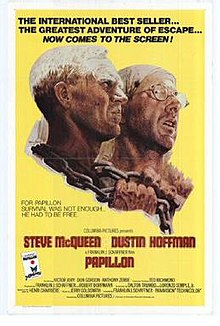
4. **Papillon (1973)**In “Papillon,” Steve McQueen delivers a performance of raw power and profound emotion, proving his incredible range beyond the ‘King of Cool’ persona. This 1973 biographical drama, directed by Franklin J. Schaffner, is based on Henri Charrière’s autobiographical book and casts McQueen as the lead – a safecracker wrongly convicted of murder and condemned to a brutal penal colony in French Guiana. It’s a gripping and harrowing tale of survival.
McQueen’s portrayal of Henri Charrière, famously known as the ‘Butterfly,’ is utterly compelling. He embodies Charrière’s arduous journey of survival, enduring unimaginable conditions, and relentlessly pursuing his quest for freedom. His performance showcases his ability to convey both immense physical suffering and deep emotional pain, making his character’s fight for justice deeply resonant.
A significant element of the film is the remarkable chemistry between McQueen and Dustin Hoffman, who plays Louis Dega, an eccentric and brilliant inmate. Their close friendship and mutual reliance are central to the narrative, as Dega agrees to help Charrière in his desperate escape attempts. The film is renowned for its intense and realistic depiction of the penal colony’s brutal conditions, pulling no punches in its portrayal of the harsh reality.
Despite the film’s gargantuan scope and ambition, which some felt almost diminished the drama’s excitement and tension, McQueen is always compelling to watch. His performance earned him his fourth and final Golden Globe Award nomination for Best Actor, a clear recognition of the depth and intensity he brought to this unforgettable role. “Papillon” stands as a testament to human resilience in the face of an unforgiving world, anchored by McQueen’s tour-de-force acting.

5. **The Sand Pebbles (1966)**”The Sand Pebbles” is a monumental 1966 war drama, directed by the maestro Robert Wise, which earned Steve McQueen his sole, well-deserved Oscar nomination for Best Actor. In this epic adaptation of Richard McKenna’s bestseller, McQueen delivers a nuanced and complex performance as Machinist’s Mate First-Class Jake Holman, a rebellious sailor aboard the USS San Pablo, a U.S. gunboat patrolling the Yangtze River in 1920s China.
The film masterfully weaves together action, romance, and incisive social commentary within its ambitious three-hour runtime. It delves into profound themes of imperialism, ingrained racism, and the inevitable cultural clashes that arise when American forces intervene in foreign lands. Holman finds himself increasingly caught up in a burgeoning conflict between Chinese rebels and the American military, forcing him to confront difficult loyalties.
McQueen’s portrayal of Holman is a standout, showcasing the character’s intense internal struggle. He grapples with his loyalty to his shipmates, the rigid military hierarchy, and a growing, profound empathy for the Chinese people caught in the crossfire. His performance is a powerful exploration of a man navigating morally ambiguous waters, trying to find his own sense of justice amidst a complex geopolitical landscape.
Despite taking place in 1926, the film draws unmistakable and poignant parallels to the growing conflict in Vietnam, particularly in its trenchant criticisms of American imperialism. With stunning cinematography and a stellar cast that included Candice Bergen and Richard Attenborough, “The Sand Pebbles” is a powerful and thought-provoking film, and McQueen’s Oscar-nominated turn as Holman remains one of his most compelling and critically acclaimed performances.

6. **The Thomas Crown Affair (1968)**”The Thomas Crown Affair” is an absolute cinematic delight, one of those rare movie entertainments that, while perhaps low on overt substance, is exceptionally high on style, sophistication, and undeniable sex appeal. Directed by Norman Jewison, this slick, sexy thriller features Steve McQueen in a role that perfectly amplifies his sophisticated charm and effortless cool. He stars as Thomas Crown, a suave, brilliant bank executive who believes he has meticulously pulled off the perfect heist, a crime executed with breathtaking precision.
However, Crown’s meticulously planned world is thrown into deliciously thrilling disarray when he encounters Vicki Anderson, a breathtakingly beautiful and equally cunning insurance investigator, played by the iconic Faye Dunaway. What follows is a magnificent, super sensual game of cat and mouse, a psychological chess match filled with simmering tension and undeniable allure. Their iconic chess scene, a highlight of the film, has become so legendary it was even parodied in “Austin Powers: The Spy Who Shagged Me.”
Director Norman Jewison, alongside cinematographer Haskell Wexler and editor Hal Ashby, keeps the film glossy, vibrant, and incredibly fun. They experiment with various innovative filmmaking techniques, from split screens to freeze frames, creating a visually dynamic and engaging experience that perfectly complements the film’s chic aesthetic. The film’s effortless cool and stylish presentation remain captivating to this day.
“The Thomas Crown Affair” stands as a testament to McQueen’s versatility, proving he could command the screen with more than just brute force and intense action. Here, he embodies pure elegance and intellectual cunning, making Thomas Crown one of his most beloved and sophisticated characters. The film also famously took home an Oscar for the beautiful song “The Windmills of Your Mind,” further cementing its place in cinematic history.
Read more about: 14 Convertibles from the ’60s and ’70s That Made You Feel Like a Movie Star

7. **The Cincinnati Kid (1965)**It would be a grave mistake to dismiss “The Cincinnati Kid” as merely a poker-themed imitation of “The Hustler”; such a comparison would entirely diminish the unique charms and undeniable entertainment value of this highly engaging drama. Directed by Norman Jewison, this film features Steve McQueen in a titular role that perfectly showcases his youthful ambition and magnetic intensity as Eric Stoner, the up-and-coming poker player known as ‘The Cincinnati Kid.’
The narrative builds to a high-stakes confrontation as Eric Stoner must face off against Lancey Howard, a legendary and master card-smith portrayed by the truly excellent Edward G. Robinson. This climactic showdown is not just a game of cards; it’s a battle of wills, a clash between the confident new guard and the unyielding old master, creating palpable tension that keeps audiences on the edge of their seats.
Director Norman Jewison performs a nifty hat trick in this film, making card games riveting to watch, a feat few directors achieve. This is largely thanks to the nimble and precise editing by future director Hal Ashby, who transforms seemingly static poker hands into dynamic and emotionally charged sequences. The intricate plays and psychological warfare at the table become utterly engrossing, pulling viewers deep into the world of high-stakes poker.
McQueen’s performance captures the essence of a determined young man striving for greatness, proving his mettle against the best. The film is further enriched by an incredible supporting cast, including Joan Blondell, who earned a Golden Globe nomination as Best Supporting Actress for her memorable portrayal of poker expert Lady Fingers. “The Cincinnati Kid” is a masterclass in building suspense and character through an unconventional sport, cemented by McQueen’s compelling central performance.
Now, as we continue our exhilarating deep dive into the extraordinary career of Steve McQueen, we turn our attention to the roles that showcased his versatility beyond the intense action hero. This next collection of performances reveals McQueen’s willingness to experiment, his dedication to personal passion projects, and his influential ventures into television and varied film genres, ultimately cementing his legacy as a truly magnetic and multifaceted screen legend. Get ready to explore the compelling breadth of the King of Cool’s artistry.
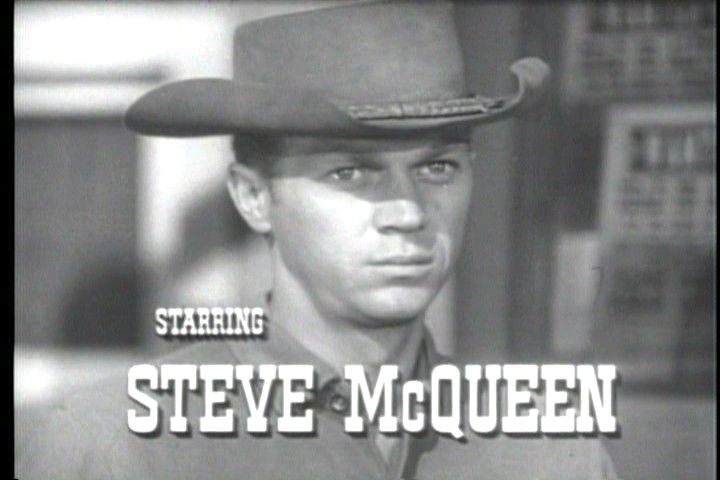
8. **Wanted: Dead or Alive (1958–1961)**Before McQueen became an undisputed big-screen titan, he was busy defining television cool as bounty hunter Josh Randall in the CBS series “Wanted: Dead or Alive.” This Western series, which ran from 1958 to 1961, was pivotal in launching his career to stratospheric heights, establishing the groundwork for the rugged individualism and stoic charm that would later become his cinematic hallmarks. It was a role that perfectly blended the thrilling action of the Old West with a compelling anti-hero sensibility, capturing the imaginations of viewers across America.
McQueen’s portrayal of Randall was nothing short of iconic. Armed with his trusty cut-down Winchester rifle, nicknamed the ‘Mare’s Laig,’ he became synonymous with expert marksmanship and a cool, unwavering demeanor. His character was a man of few words but immense presence, a figure of justice navigating the untamed frontier with a moral compass that, while occasionally unconventional, was always firmly set on the right path. It’s no wonder this portrayal resonated so deeply, making Randall a memorable and enduring character in the annals of television history.
The show itself was a groundbreaking success, celebrated for its action-packed episodes and a premise that dared to be different in a crowded television landscape. It distinguished itself through its fast-paced storytelling and McQueen’s undeniable charisma, quickly solidifying its place as a classic Western television series. For many, this was their first encounter with the undeniable force that was Steve McQueen, and it set the stage for an extraordinary career that would forever etch his name into Hollywood lore.
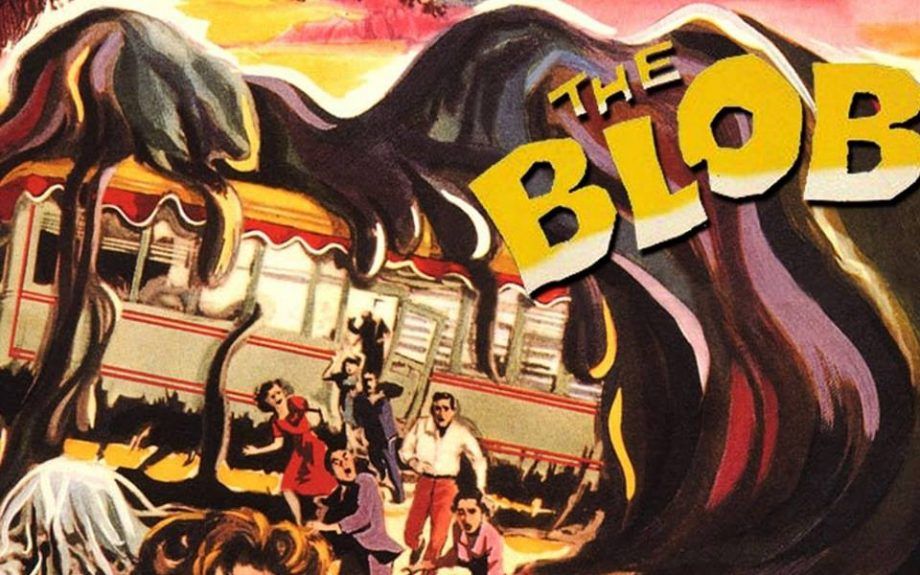
9. **The Blob (1958)**Before his ascension to ‘King of Cool,’ Steve McQueen kicked off his leading man career with a splash, or rather, a terrifying ooze, in the 1958 B-movie classic, “The Blob.” This science fiction horror flick, directed by Irvin Yeaworth, is a delightful slice of 1950s cinematic cheese, featuring a then 28-year-old McQueen in his first starring role. He brought a rebellious energy to the screen that was instantly captivating, even when faced with a seemingly insurmountable gelatinous threat.
The premise is pure, unadulterated sci-fi junk food: a mysterious, ever-growing pink blob from outer space descends upon a small town, consuming everything and everyone in its path. McQueen plays a rebellious teenager who, despite the skepticism of the adults, desperately tries to convince his friends and neighbors of the impending danger. His youthful urgency and conviction anchor the film, transforming what could have been a forgettable creature feature into a surprisingly engaging romp, thanks in no small part to his burgeoning star power.
While “The Blob” might not be considered a ‘good’ movie by conventional critical standards, it’s undeniably entertaining in its delightful tackiness. It boasts some inventive, albeit cheap, special effects that perfectly capture the era’s charm and resourcefulness. The film’s enduring cult status is a testament to its unique appeal and McQueen’s star-making turn, marking the true beginning of his journey towards becoming one of Hollywood’s most iconic figures. It even featured a catchy title song composed by the legendary Burt Bacharach!

10. **Love with the Proper Stranger (1963)**In a fascinating departure from the action-heavy roles he would become known for, Steve McQueen showcased his impressive dramatic range in the moving romantic drama, “Love with the Proper Stranger.” Directed by Robert Mulligan, this 1963 film saw McQueen stepping into the shoes of a charming musician, a role that allowed him to explore a softer, more vulnerable side of his persona, proving his versatility extended far beyond the realm of tough-guy antiheroes.
The film centers on Angie Rossini, an Italian American salesclerk played by the incomparable Natalie Wood, who finds herself pregnant after a passionate fling with McQueen’s character. His musician, initially somewhat detached, agrees to help her navigate the difficult decision of paying for an abortion. However, as they spend more time together, a deeper connection forms, and he soon finds himself falling in love with her, transforming a challenging situation into a poignant exploration of burgeoning romance and responsibility.
The melodramatic material of “Love with the Proper Stranger” truly works, elevated by the incredibly strong performances from both McQueen and Wood, coupled with Robert Mulligan’s beautifully subdued direction. Their on-screen chemistry is palpable, imbuing the narrative with a genuine emotional resonance that pulls the audience into their complex relationship. The film’s quality was widely recognized, with both McQueen and Wood earning lead acting Golden Globe nominations for their compelling portrayals, underscoring McQueen’s capability to shine brightly in a diverse array of genres.

11. **The Getaway (1972)**Reuniting with the legendary Sam Peckinpah, Steve McQueen delivered an electrifying performance in the 1972 action thriller, “The Getaway.” While critics initially scorned the film as a “hyper-violent exercise in flash over substance,” it has since been rediscovered and lauded for its sheer kinetic energy and McQueen’s commanding presence. This chase drama perfectly encapsulates the raw, unbridled power that defined so many of his iconic roles, proving that sometimes, surface-level thrills are all you need when they’re executed with such breathtaking precision.
McQueen stars as Carter “Doc” McCoy, an ex-con who, along with his wife Carol, played by the stunning Ali MacGraw, finds himself on the run after a botched heist and a double-cross by his partners. What ensues is a relentless, pulse-pounding flight to Mexico, a journey fraught with danger, betrayal, and intense shootouts. Peckinpah directs with such unparalleled efficiency and furious energy that the audience is left with little time to ponder the film’s supposed lack of underlying themes; the sheer spectacle of the chase is utterly engrossing, pulling you along for every twist and turn.
“The Getaway” marked a significant comeback for McQueen, proving his enduring box office appeal as it became one of the highest-grossing films of the year. The film is further elevated by standout performances from the supporting cast, including Ben Johnson as a corrupt businessman and Slim Pickens as a helpful cowboy, adding layers to the already thrilling narrative. Interestingly, a real-life romance blossomed between McQueen and MacGraw during filming, further cementing the film’s place in Hollywood lore and showcasing the undeniable magnetism he exuded both on and off screen.
Read more about: Buckle Up! 15 Movie Car Chases That Still Take Our Breath Away and Define Cinematic Cool!

12. **Le Mans (1971)**For Steve McQueen, “Le Mans” was more than just a movie; it was a deeply personal passion project, a visceral outpouring of his profound love for racing. Released in 1971, this sports drama aimed to capture the raw, unadulterated intensity of the world’s most daunting endurance race, the annual 24 Hours of Le Mans. McQueen, a formidable racing enthusiast himself, was fiercely determined to deliver an authentic, almost documentary-like realism to the screen, a vision that often put him at odds with the film’s original director, John Sturges, who sought a more traditional adventure narrative.
McQueen’s steadfast commitment to his artistic vision ultimately prevailed, leading to Sturges being replaced by Lee H. Katzin. The result is an expressionistic drama that immerses the audience in the grueling 24-hour race, focusing on the sheer physical and mental endurance required to compete. The film eschews conventional dialogue and plot for extended, hypnotic racing sequences, allowing the roar of the engines and the high-speed ballet of the cars to tell the story. It’s a bold, almost experimental approach that truly conveys the visceral thrill and danger of professional racing.
Despite its ambitious scope and McQueen’s personal investment, “Le Mans” faced a challenging journey to the screen and was, unfortunately, a critical and commercial disappointment upon its initial release, leaving McQueen almost bankrupt. However, its uncompromising dedication to realism and its unique artistic vision have earned it a cult following over the years, particularly among racing aficionados. The tumultuous production and McQueen’s relentless pursuit of his passion were so compelling that they later became the subject of a critically acclaimed documentary, “Steve McQueen: The Man and Le Mans” (2015), solidifying the film’s intriguing legacy as a testament to McQueen’s unyielding artistic drive.
Read more about: Beyond the Screen: Uncovering the Fates of the Most Iconic TV and Movie Cars Ever
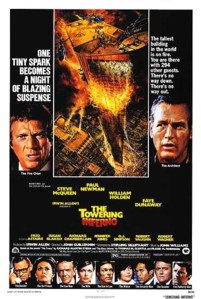
13. **The Towering Inferno (1974)**The 1970s were a golden age for disaster movies, and standing at their undisputed zenith was the colossal 1974 epic, “The Towering Inferno.” This was a film that truly lived up to its name, a big-budget, all-star spectacle that combined heart-stopping tension with an unprecedented scale of destruction, earning an Oscar nomination for Best Picture. Steve McQueen, by this point a certified Hollywood legend, brought his formidable presence to this landmark feature, cementing his status as one of the most bankable stars of his era.
McQueen stars alongside the equally iconic Paul Newman in a thrilling dynamic. Newman plays the architect whose magnificent 135-story skyscraper catches fire on the eve of its grand opening, trapping hundreds of A-listers inside. McQueen steps into the gruff, no-nonsense role of Michael O’Hallorhan, the fire chief tasked with the monumental challenge of saving lives amidst the raging inferno. Their combined star power, pitted against a common enemy, created a compelling narrative that had audiences on the edge of their seats, glued to the fate of those trapped within the fiery high-rise.
While some might label it as “silly” or “overblown” – and at 165 minutes, certainly overlong – there’s no denying that “The Towering Inferno” is spectacularly fun. The film masterfully delivers on its promise of grand-scale suspense and incredible practical effects, becoming a defining example of the genre. Its commercial success was colossal, grossing $139 million against a $14 million budget, and McQueen’s reported $12 million fee made him the highest-paid actor in the world at that time. Beyond the box office, it garnered multiple Academy Awards, including prizes for cinematography, film editing, and the unforgettable song “We May Never Love Like This Again,” showcasing its lasting impact on cinematic history.
Read more about: Richard Chamberlain: From ‘Dr. Kildare’ Heartthrob to ‘Miniseries King,’ A Comprehensive Retrospective of a Screen and Stage Icon.

14. **Tom Horn (1980)**As Steve McQueen’s extraordinary career neared its poignant end in 1980, he left us with two final big-screen appearances. While “The Hunter,” his last film released before his untimely death that same year, may have largely faded from memory for some, “Tom Horn” has experienced a remarkable rediscovery, now widely celebrated as a poignant and underrated gem. This Western drama, directed by William Wiard, offers a somber, reflective portrayal that stands as a powerful testament to McQueen’s enduring ability to command the screen with quiet intensity.
Based on a true story, the film casts McQueen in the titular role of Tom Horn, a legendary bounty hunter in his waning days, yearning to settle down. However, fate has other plans as he’s hired by local ranchers to track down cattle rustlers, only to find himself entangled in a web of legal trouble when a young boy tragically ends up dead. McQueen’s portrayal of Horn is a masterclass in subtlety and restraint, conveying the character’s inner turmoil and his struggle to come to terms with a violent past in a rapidly changing West. He embodies the weariness of a man out of time, a figure of a bygone era grappling with a world that no longer understands his brand of justice.
“Tom Horn” delves deep into profound themes of justice, redemption, and the heavy cost of violence, showcasing a more introspective side of McQueen’s acting prowess. The film’s realistic portrayal of the Old West is enhanced by powerful performances from the supporting cast, including Linda Evans and Richard Farnsworth. It is a haunting and thought-provoking film, one that eschews easy answers for a complex exploration of morality and the unforgiving nature of the frontier. This film, in particular, highlights McQueen’s growth as an actor, delivering a performance that is both understated and profoundly moving, ensuring his legacy extends far beyond just his ‘King of Cool’ persona.
Read more about: The Indelible Reign of Prince: A Forbes Retrospective on the Musical Genius, Financial Acumen, and Cultural Impact of an Icon
As we reflect on these incredible performances, from the early television cool of Josh Randall to the raw emotional depth of Tom Horn, it becomes strikingly clear why Steve McQueen remains an indelible icon of cinema. His journey through these roles, both grand and intimate, action-packed and dramatically nuanced, paints a vivid picture of a man who was not merely a star, but a phenomenon. He was a force of nature who consistently pushed boundaries, immersing himself completely in every character, leaving an unmatched legacy of authenticity, charisma, and undeniable talent. The ‘King of Cool’ didn’t just play iconic roles; he breathed life into them, crafting a body of work that continues to inspire, entertain, and remind us why he will forever be one of the silver screen’s true legends. His boldest roles still define action cool, yes, but more than that, they define an actor who dared to be real, to be vulnerable, and to be eternally captivating.

